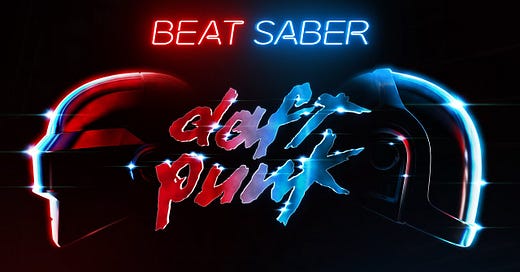2024's Biggest Video Game and Music Licensing Trends
Also: What makes a great sync in a video game trailer?
Game Music Digest is a weekly wrap-up of the most interesting stories at the intersection of video games and music, brought to you by music and gaming newsletter, MusicEXP. Subscribe to keep on top of the latest trends in video games and music delivered straight to your inbox every week.
Want more music and gaming news? Subscribe to my music and gaming …
Keep reading with a 7-day free trial
Subscribe to MusicEXP Newsletter to keep reading this post and get 7 days of free access to the full post archives.




